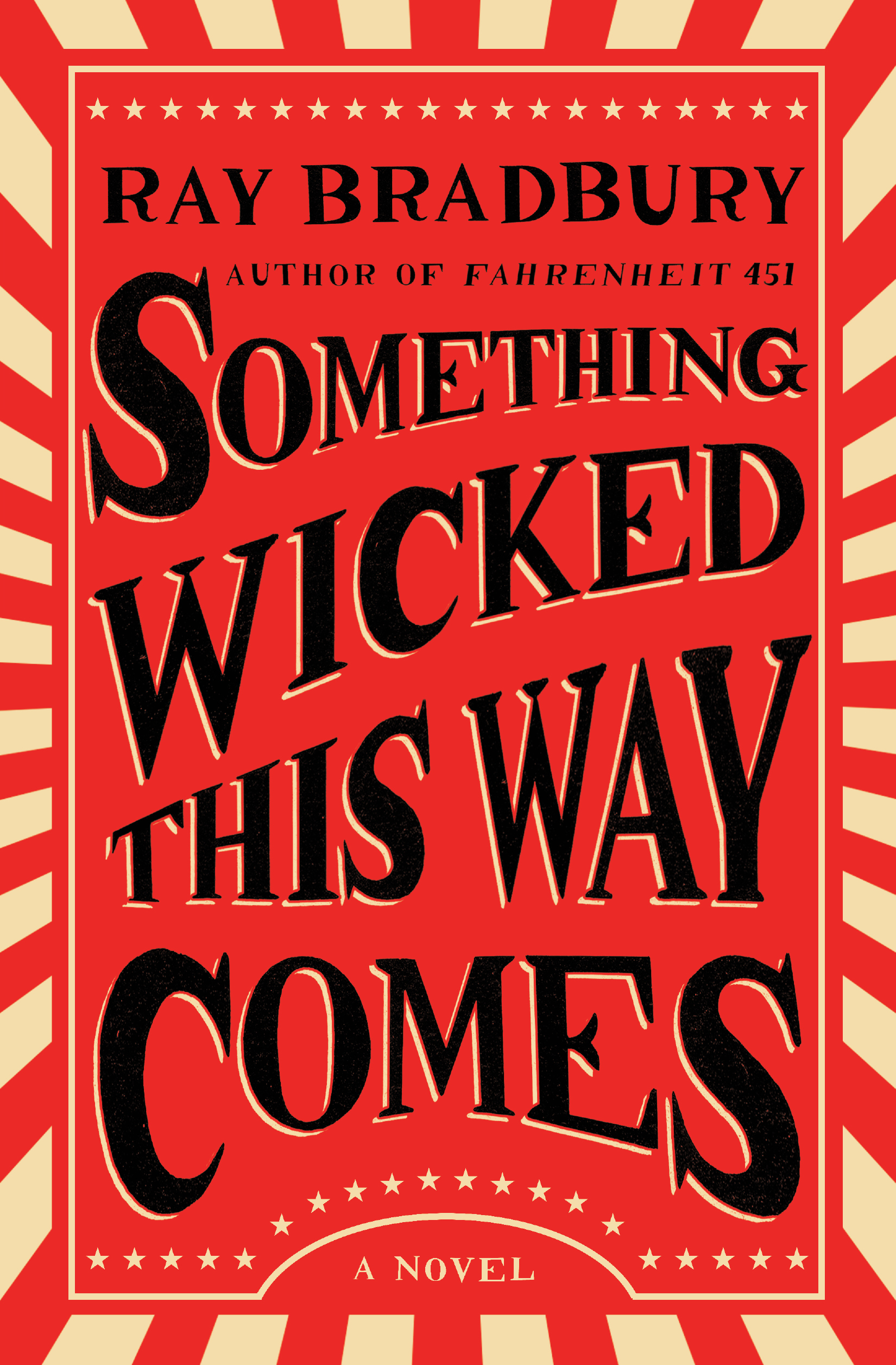Chapter 36
byChapter 36 opens with the Dwarf moving quickly along Main Street, his wild and frantic gaze scanning his surroundings. He suddenly comes to a stop, his mind seemingly flooded with chaotic images. With a bleated cry, he stumbles back through the crowd, pulling the Illustrated Man into his thoughts, where a whispered conversation proves more effective than any shout. After a brief exchange, Mr. Dark, who had been listening intently, turns abruptly and flees, leaving the Dwarf behind to wrestle with his thoughts alone. This swift turn of events adds an eerie tension to the atmosphere, leaving the Dwarf’s actions as cryptic as the dark force pulling at them both.
The Illustrated Man, seemingly undeterred by the sudden departure of Mr. Dark, makes his way toward the cigar store Indian, his actions deliberate as he kneels beside the steel lattice-grille. Gazing into the darkness below, he examines the pit, finding discarded remnants of everyday life—yellowed newspapers, candy wrappers, burnt cigar stubs, and gum. Mr. Dark’s muffled voice echoes from the distance, laced with frustration as he questions, “Lose something?” The dialogue and imagery capture a moment of profound confusion, as the Illustrated Man’s quiet frustration contrasts sharply with the messiness of the discarded objects. The scene feels oddly intimate, as though the loss of something far greater than a simple object lingers in the shadows beneath the store.
As Mr. Tetley watches from the counter, he blinks at the unfolding scene, his curiosity piqued by the Illustrated Man’s tense movements. The Illustrated Man grips the steel grate tightly, nodding in acknowledgment without words. Mr. Tetley, ever the observer, casually asks about the lost item, suggesting it could be anything from a small coin to something larger. His detached tone contrasts with the illustrated man’s palpable frustration, emphasizing how the seemingly mundane situation holds a deeper significance. The small “NO SALE” sign in the window catches the Illustrated Man’s attention, its presence now charged with unspoken frustration. His glare intensifies as the sign flickers, amplifying his sense of being trapped in a moment of futility. It’s as though this seemingly trivial loss represents a deeper struggle, one that involves more than just material things.
The narrative unfolds as an intricate blend of physical search and internal longing, with the loss of an object symbolizing a much deeper yearning within the Illustrated Man. His actions suggest that he is not merely searching for something material but is instead attempting to reconcile his chaotic and tumultuous existence. The imagery of discarded remnants—objects left behind, unnoticed—serves as a powerful metaphor for the remnants of life experiences that are often overlooked yet hold significant weight in one’s mind. These seemingly insignificant pieces of debris reflect the brokenness of life, the things that are left behind but still impact the way one views the world. The juxtaposition of these everyday items with the heightened emotions and desperate search hints at the greater loss that lingers just beneath the surface of this ordinary scene.
This chapter’s richness lies in its ability to weave together the mundane with the profound, illustrating how even the simplest of moments can carry a deep emotional and psychological resonance. The Illustrated Man’s quest is far more complex than a literal search for a lost item; it’s a search for meaning, a desperate grappling with the remnants of a life filled with regret and unresolved tension. The mix of frustration, desperation, and the haunting memory of what is left behind reveals the profound impact that loss has on one’s existence. The small, seemingly insignificant loss becomes a reflection of much larger emotional struggles, turning an ordinary moment into a pivotal moment in the narrative. Through this lens, Main Street, with its everyday sights and sounds, becomes a backdrop for exploring deeper themes of human experience and the weight of what is left unspoken and unnoticed.

